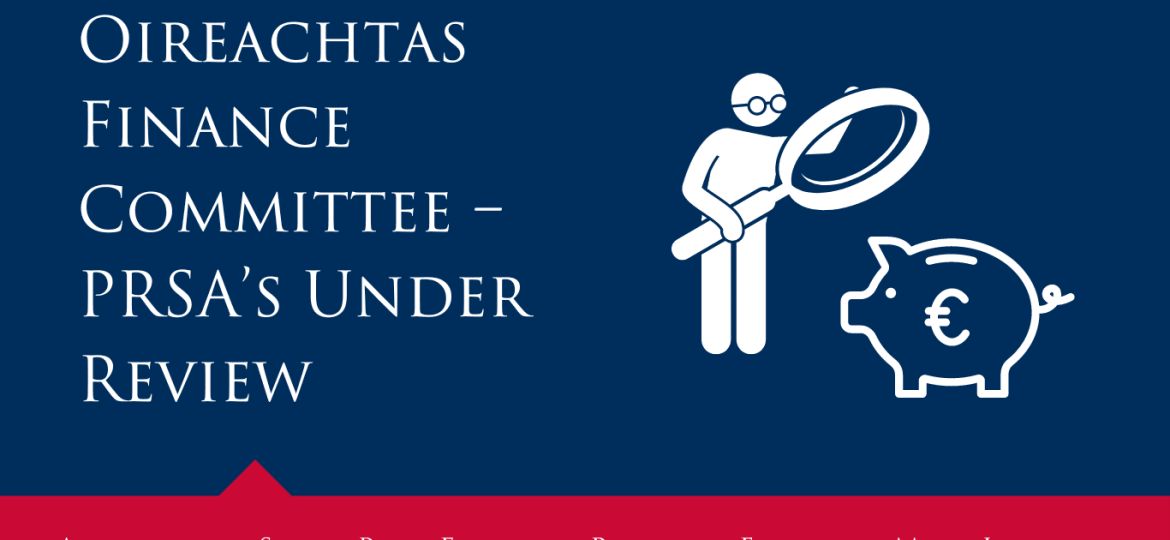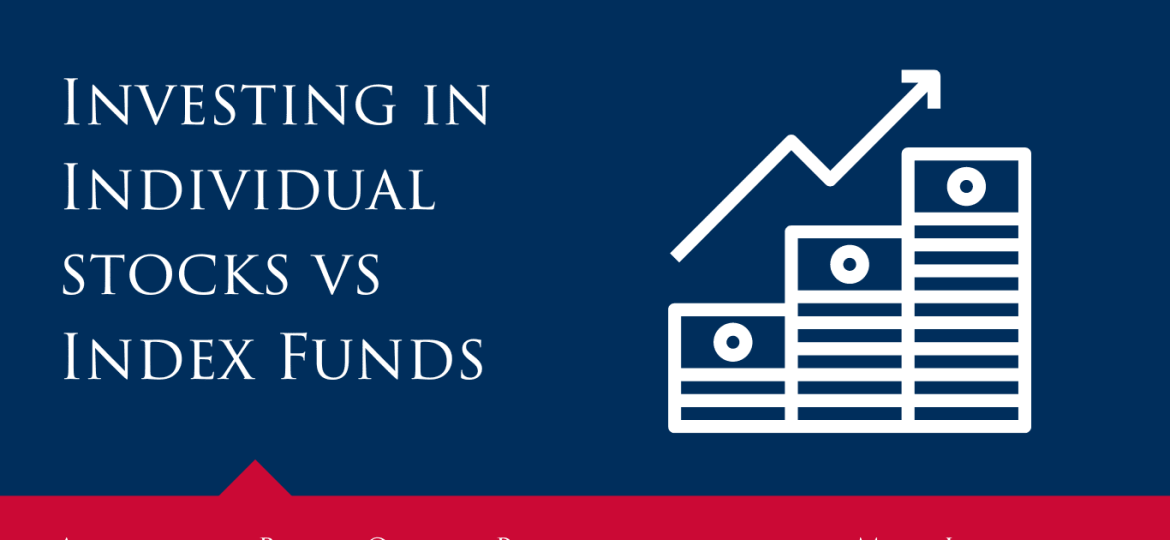Oireachtas Finance Committee – PRSA’s Under Review Upon release of the Finance Act 2022, we reported that the…
#knowledge
In this day and age with information on individual companies being so readily available individuals like me and you…
Joining Metis Ireland & Importance of Financial Planning Since I started working with Metis Ireland in November last year,…
What if today was your retirement day? So, the day has come. You are retiring! What does that mean?…
I’m Keith, and this is what it’s like to be a Private Client Manager at Metis Ireland. Why I…
After some time spent Googling the number 17, there’s not much in the way of memorable facts about it. It’s the atomic number of chlorine, the number of sides in a heptadecagon and the number of syllables in a haiku… but otherwise it’s a pretty ordinary number.
Over the last few months we’ve looked closely at all the different ways our brains try to help us get through life, but end up stepping on our toes when it comes to investment. The purpose of this series has been to show you that while you can’t avoid these quirks (after all, they’ve developed over millions of years in the human psyche) you can at least be informed and spot them at work.
This summer we saw some amazing performances at Glastonbury, but along with the big names, part of the beauty of a music festival is discovering the bands you’ve never heard of. While ‘The sunk cost fallacy’ might sound like an exciting new musical act, or maybe an album title, it’s actually a really dangerous and potentially very expensive behavioural bias.
‘You’re only as good as your last performance’… not strictly true. Even if you fluffed whatever you do for a living on your last outing, that’s no reason to use it as a yardstick for your ability. Equally, if you smashed it, but had a run of average performances before that, your latest experience isn’t necessarily the best predictor of future performance.
There’s a pattern here… if you’ve been following our series on behavioural biases and how to combat them, you’ll know that for the last 15 weeks, we’ve published the latest update regular as clockwork. If you’ve opted to subscribe to emails, then once a week, every week, there’s the next instalment sitting in your inbox.












